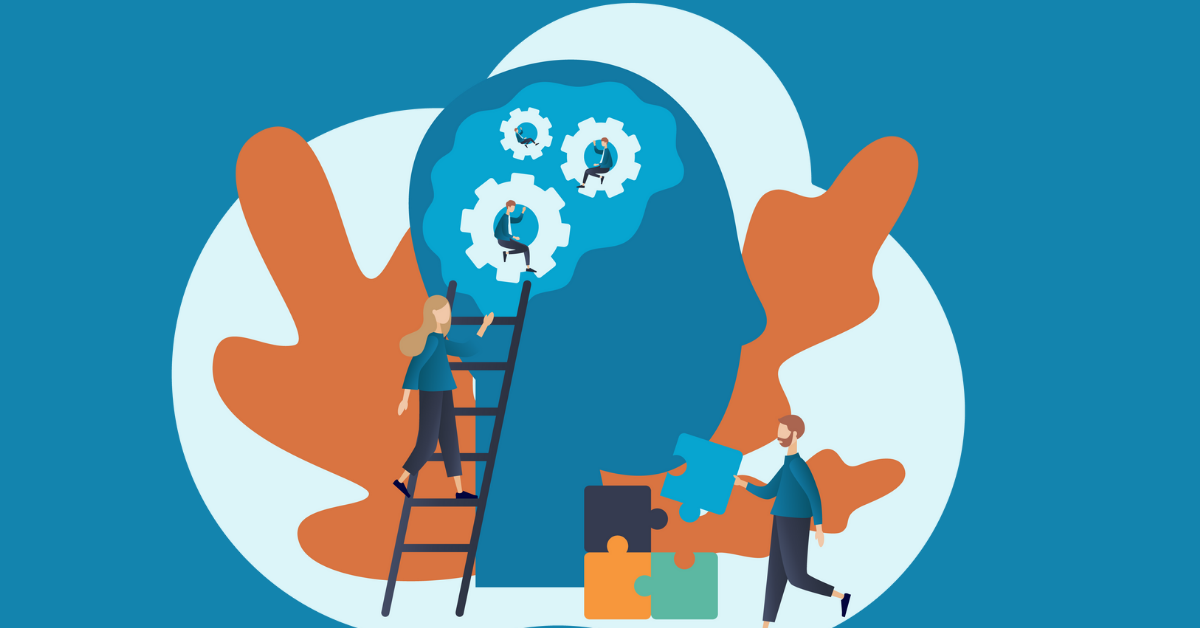
In a world increasingly attuned to health and wellness, the importance of addressing both the mental and physical aspects of well-being is undeniable. Yet, for many men, societal pressures and traditional notions of masculinity often suppress open conversations about their health concerns.
Whether it’s the stoic silence over mental health struggles or the reluctance to acknowledge physical limitations, the modern man faces unique challenges in his quest for optimal well-being.
On average, one in five men will experience anxiety and one in eight men will experience depression at some stage of their lives. Below are seven tips that will not only boost your mental but also your physical wellbeing.
Seven Tips to Improve Your Physical and Mental Wellbeing
Here are a few tips to help you improve your overall wellbeing.
1. Make small changes to your eating habits:
Scientific studies are constantly highlighting the correlation between our diet and our mental health, a current study by Francis, Stevenson, Chambers, Gupta, Newly & Lim (2019) found that improving your diet for just three weeks provides improvements in mood and reduces depressive symptoms. You can make a start by making little changes to your food intake, which will impact your mood, such as breakfast.
A good breakfast combination for those needing a boost would be eggs on grain toast with avocado. This meal contains omega-3, amino acids, vitamin D, fiber and fatty acids.
2. Reach out:
Maintaining contact with friends and family is very good for wellbeing. Having someone to chat to and socialise with is necessary for better health outcomes. If you do not feel supported by your family, friends can really swoop in and be there for you.
If you are isolated and cannot reach out to someone, calling helplines such as The Samaritans or Aware can help you in feeling better.
3. Get a good night’s sleep:
Eating food and drink containing lots of caffeine or sugar can keep you awake, so drinking less tea and coffee and eating less chocolate and other sugary foods throughout the day will help you to sleep better.
Remember, caffeine has a half-life of 6 hours, so if you are looking to hit the hay at 9pm, you should be aiming to consume no more caffeine after 3pm! Even if you can sleep on caffeine, it will still disturb your REM cycle and thus the quality of your sleep!
4. Cut down on alcohol:
Drinking alcohol excessively can lower your mental wellbeing as well as your overall health. Alcohol is a depressant and can impact your sleep, so taking a break from it or cutting down on your intake might help in improving health outcomes.
5. Exercise Regularly:
Regular exercise is known to enhance cardiovascular health, bolstering the heart and lungs and reducing the risk of chronic diseases like hypertension and type 2 diabetes.
Beyond these physical gains, consistent movement also has profound effects on mental health. Engaging in physical activity releases endorphins, the body’s natural mood elevators, which can combat feelings of depression and anxiety.
Furthermore, exercise can improve cognitive function, boost self-esteem, and lead to better sleep. By setting aside time for consistent physical activity, individuals not only invest in their physical longevity but also cultivate a mental resilience that empowers them to face life’s challenges with increased vigor and clarity.
The act of committing to regular exercise, therefore, is a commitment to enhancing one’s overall quality of life.
6. Socialise
Humans, at their core, are inherently social beings. From the days of living in tribes to modern societies, our need for connection and interpersonal relationships remains a fundamental aspect of who we are.
This need is not just about companionship; it directly influences our mental and physical well-being in profound ways. Engaging in regular social interactions provides mental stimulation and emotional support, which can stave off feelings of loneliness and isolation. Social connections have been linked to reduced stress levels, improved mood, and even increased longevity.
When we share our experiences, joys, and challenges with others, it fosters a sense of belonging and purpose. This not only boosts our mental resilience but also translates to tangible physical benefits.
For instance, individuals with strong social ties often have better immune function and reduced risk of chronic diseases. Socializing can also promote physical activity, whether it’s dancing at a gathering, taking walks with friends, or participating in group sports.
7. Practice Mindfulness
Rooted in ancient traditions but profoundly relevant today, mindfulness is the deliberate act of being fully present in the moment, consciously aware of our thoughts, feelings, and sensations without judgment.
Mentally, mindfulness has shown to be a potent tool for combating stress and anxiety. By grounding individuals in the present, it curbs the tendencies to ruminate on the past or anxiously anticipate the future.
This heightened state of awareness allows individuals to process emotions more healthily, fostering resilience and improving overall mental clarity. Regular mindfulness practice has also been linked to increased attention span, improved memory, and even enhanced creativity.
Physically, the benefits are just as profound. The relaxation response triggered by mindfulness meditation can lower blood pressure, improve sleep, and strengthen the immune system.
Furthermore, by fostering a deeper connection between the mind and body, mindfulness can heighten one’s awareness of physical sensations, making it easier to recognize and address potential health issues early on.
Take a Mental Wellbeing Workshop to Improve Overall Health
A mental wellbeing workshop can be just what you need to relieve the stress built inside of you and help you become more resilient. At Zevo Health, we offer a wide range of mental wellbeing workshops that are designed to help improve employee wellbeing.
*This is not medical advice, please contact a medical professional if you think you need to seek further help.

